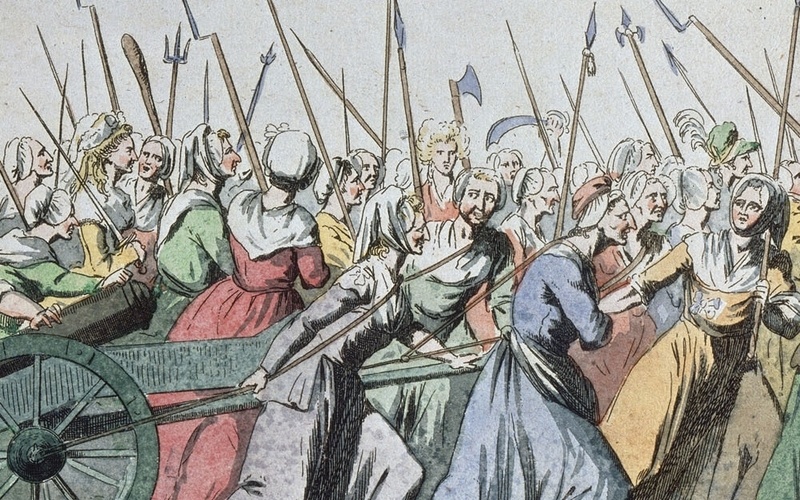
The revolution
With the passing of the August Decrees, the French feudal system was swept away. A new, egalitarian society was inaugurated. These changes opened the way for the adoption of the much longed-for Constitution.
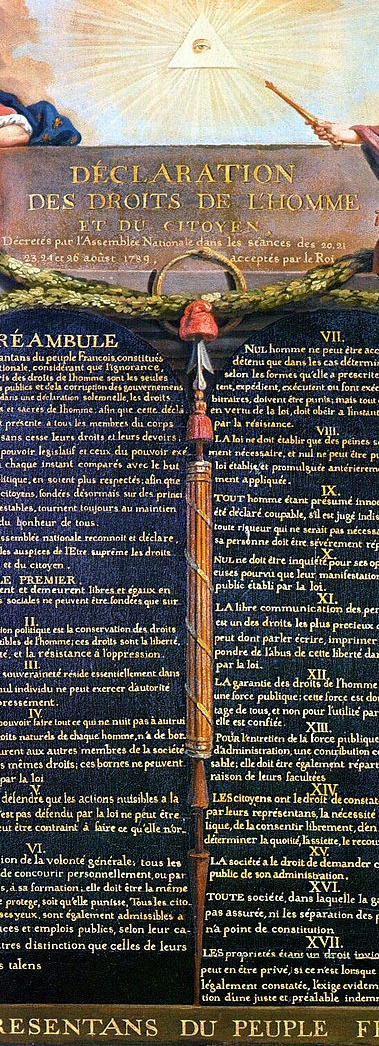
1 of 4
Before adopting the Constitution, the deputies adopted the Declaration of the rights of man and of the citizen. This document guaranteed rights and freedom for all French citizens without discrimination. These principles would underpin the new fundamental law.
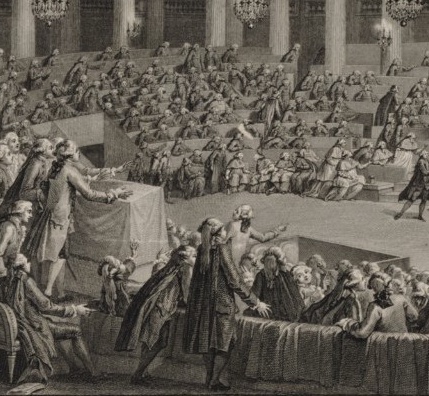
2 of 4
The king did not share the general enthusiasm for the changes which were happening. He wrote to the archbishop of Arles that he would never agree to the spoiling of the clergy and noblemen, and that he would not ratify the decrees through which they were robbed of their privileges. He could not use force against the Assembly, because he could no longer depend on the army. So, he adopted a policy of non-cooperation, refusing to approve the August Decrees and the Declaration of the rights of man.
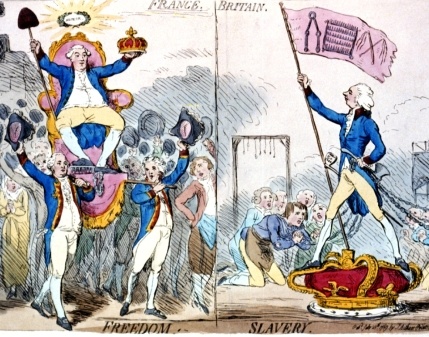
3 of 4
The deputies decided the following: legislative power would belong to the National Assembly; no taxes or loans could be collected without the approval of the National Assembly; and supreme executive power lay exclusively in the king’s hands, as an inviolable and sacred right.
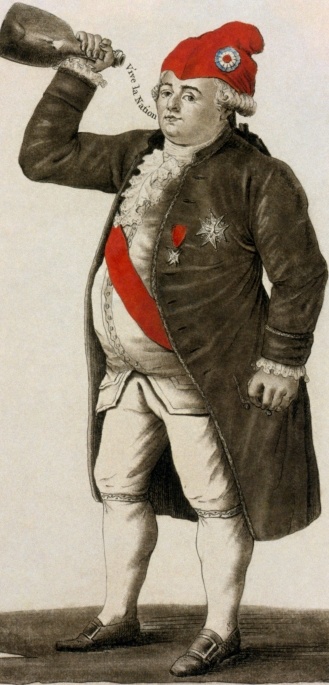
4 of 4
The king’s new attitude of opposition to the National Assembly’s decisions forced them to address the issue of the king’s rights. The deputies decided that the king should have the right to a suspensive vote, and that laws voted by the Assembly could be delayed for up to four years.
The declaration of the rights of man and of the citizen condemned the practices of the Old Regime. At the same time, it expressed agreement with the requests of all the social classes, noted in the books of grievances.
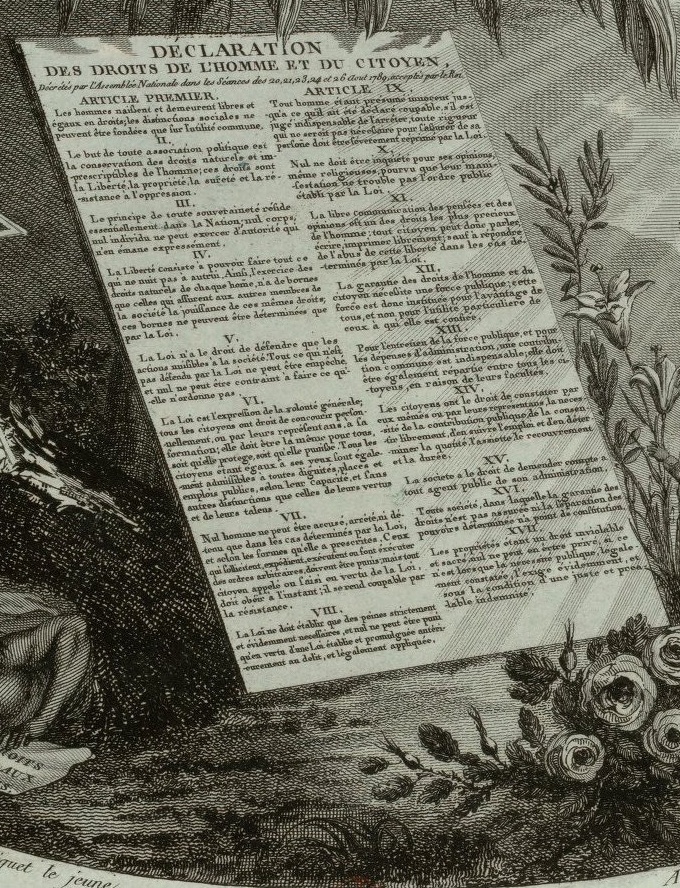
1 of 4
The Declaration consisted of a preambul and 17 articles, which included dispositions concerning the rights of three categories of people: “rights of man” - French citizens, foreigners or enemies - articles 1-4, 7, 9 and 10; “rights of citizens” - French citizens - articles 6 and 14, which accentuate civil liberties, “rights of society” - of the French nation - articles 13, 15 and 16, which are constitutional components.

2 of 4
The Declaration also stipulated the following: Article 10 - no one should be sanctioned for his opinions or religious convictions, if by expressing these he does not disturb the public peace, so long as his beliefs conform to law; Article 11 - the free expression of ideas and opinions; Article 13 - general taxation necessary for maintaining armed forces and administrative costs must be shared equally by all citizens, in proportion to their income; Article 14 - citizens have the right, personally or through a representative, to ascertain the necessity of a public tax and to consent to it freely; Article 17 - the right to property is inviolable and sacred.

3 of 4
The Declaration would last longer than the Constitution it would be annexed to. This Declaration would also become a source of inspiration for liberals all over Europe.
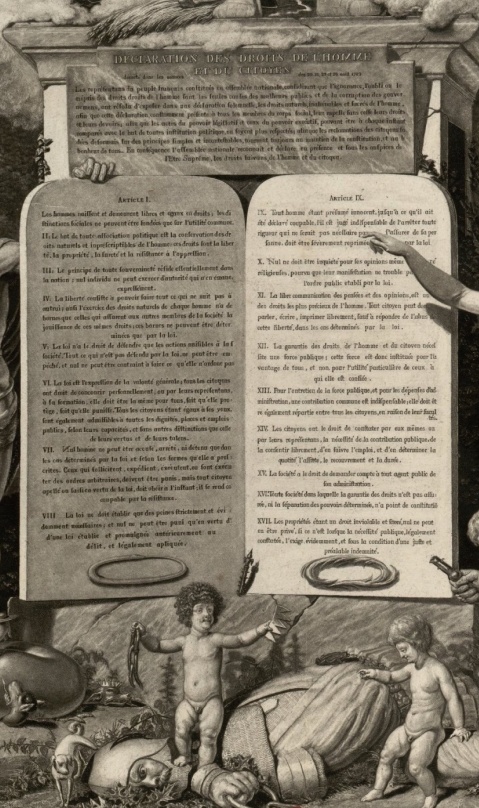
4 of 4
The Declaration guaranteed the natural, inalienable and sacred rights of man. Article 1 maintained: men are born free and with equal rights. Article 2 stipulated the protection of the natural and inalienable rights of man: the right to freedom, to property, safety and resistance to oppression. Article 3 contained the principle of sovereignty. Article 4 stated that liberty is comprised of doing whatever does not harm others. Article 7 stipulated that no man can be accused, arrested or detained except in cases allowed by law.

The Old Monarchic Regime
The French Monarchy, Louis XVI of Bourbon and Marie Antoinette Josepha Johanna ďAutriche Lorraine. The administrative Chaos and the French system of taxation
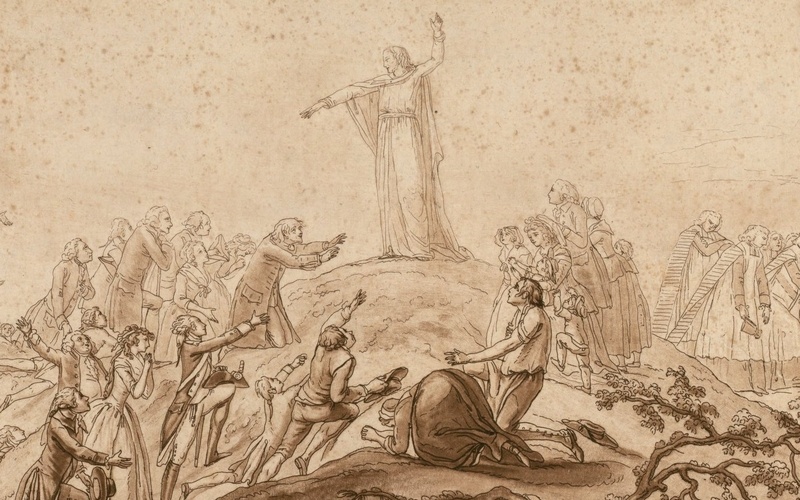
The influence of the Enlightenment on the Revolution
The Enlightenment and its era, transformation of the monarchy, apparition of Deism, new political and economic values in society, Enlightenment personalities, public opinion
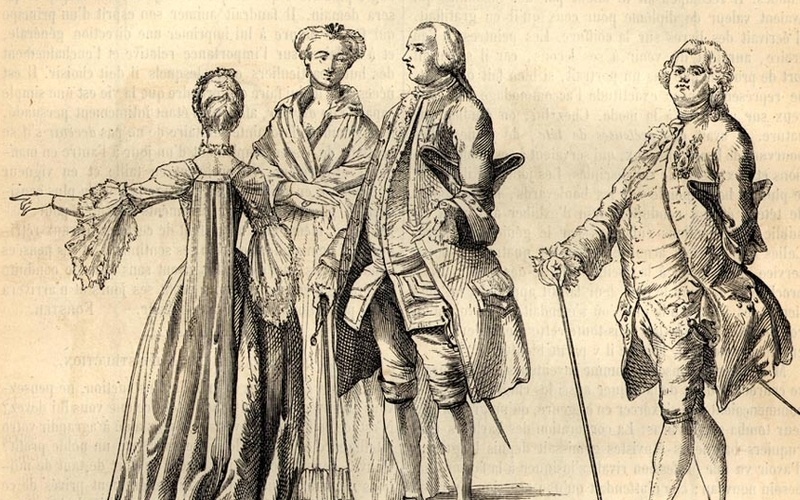
French Society
French society in the 18th century was divided into orders or estates. Clergy formed the first estate, nobles the second, while the third estate included the rest of the population, made up of the bourgeoisie, peasants and urban laborers.
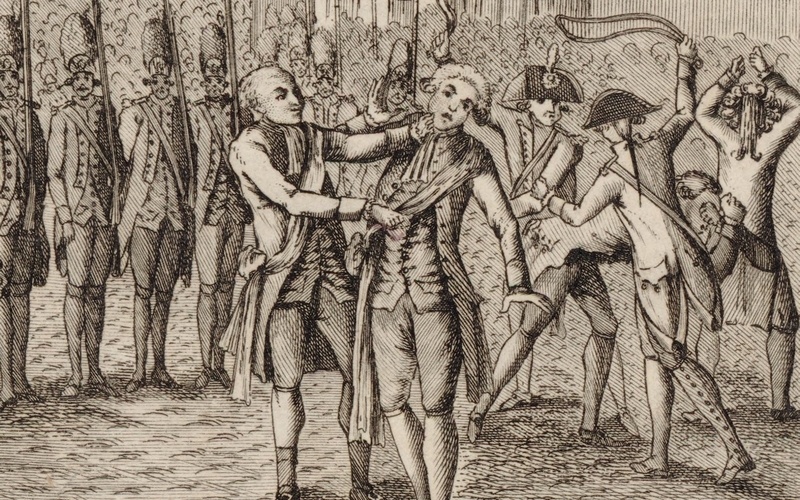
Causes of the Revolution
The origins of the French Revolution can be traced back to four revolutionary movements in the latter part of the 18th century. These movements shook French society and royal power to their foundations.
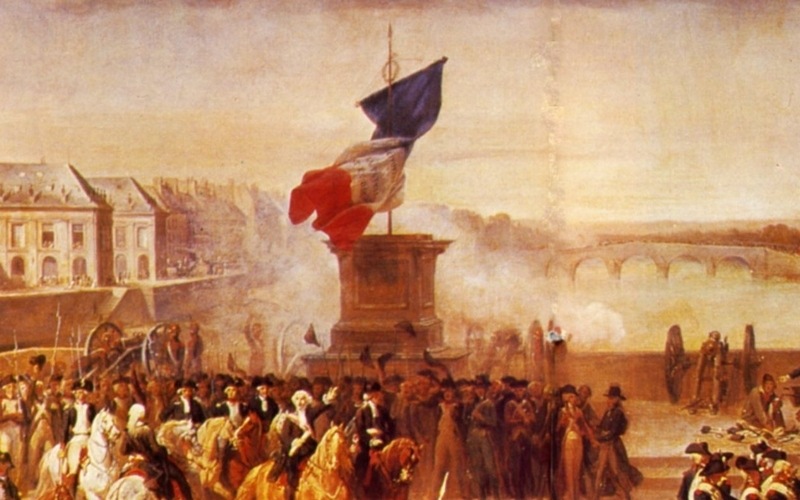
Removal of the monarchy and the Paris Commune
War-time fragility, La Fayette’s Revolt, the homeland in danger, inauguration of the Revolutionary Commune, the fall of the monarchy.

The revolutionary government and the Terror
The guillotine remains the symbol of the Terror. Power struggle: Girondist and Jacobins. September massacres. Trial of Louis 16th. Dechristianisation.
- Duncan Townson, Franţa în revoluţie, Ed. All Educaţional, Bucureşti, 2000
- coord. Cornelia Marinescu, Ilieş Câmpeanu, Enciclopedia Universală Britannica, Ed. Litera, Bucureşti, 2010, vol. 3, 10, 13
- Roberts J.M., Modern History, Ed. Duncan Baird Publishers, Londra, 2007
- Paraschiv N, Cristea N, Sinteze pentru istorie, clasa a X-a, Ed. All Educaţional, Bucureşti, 2008
- Marinela Elena Bogdan





